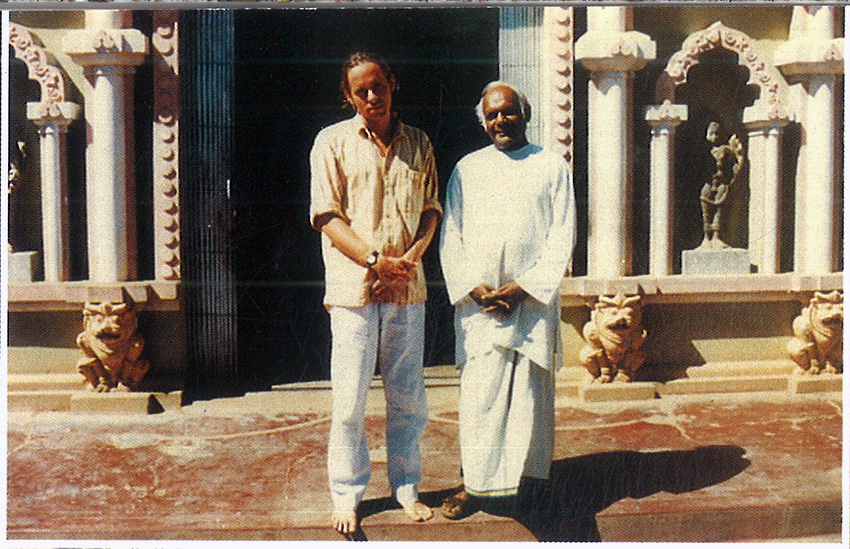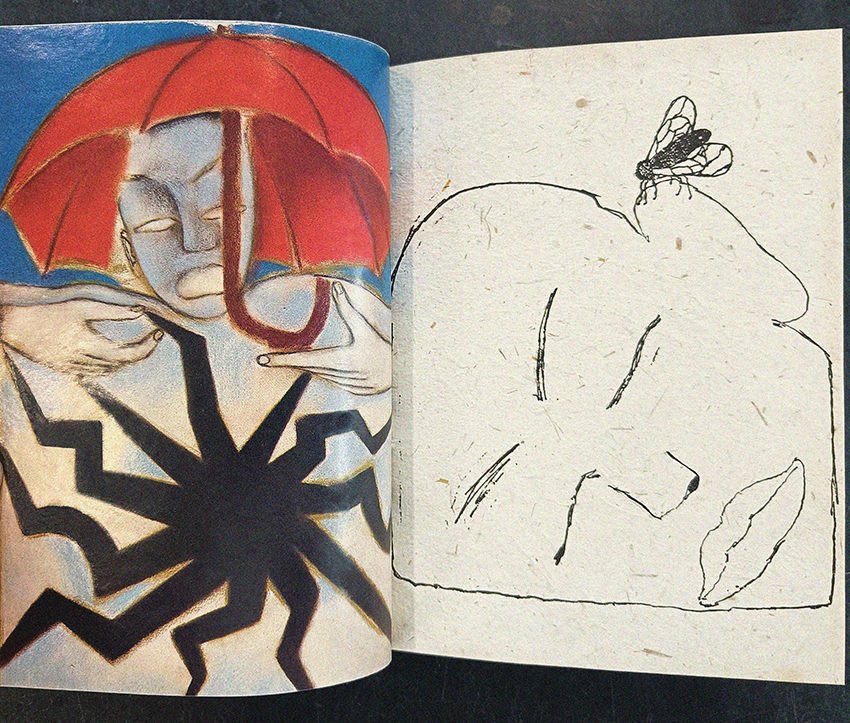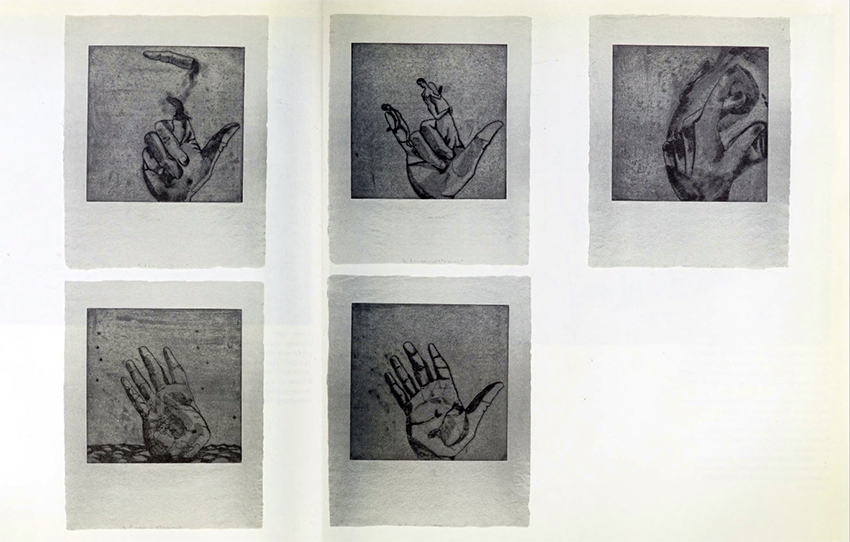Stuti Bhavsar




Project Period: One year and six months
This Foundation Project implemented by IFA aims to offer a revisionist reading of the pocket-sized Hanuman Book series printed out of Madras (present-day Chennai) and published in New York between 1986 and 1993 by artist Francesco Clemente and writer Raymond Foye reflecting upon and critiquing their heavy employment of Indian craft traditions and processes while altogether keeping these books out of circulation in the region. Featuring writings by some of the most influential figures in the avant-garde culture at the time in the US, these books were in many ways a collaboration between the USA and India. Stuti Bhavsar is the Coordinator for this project.
Stuti is a writer and visual practitioner currently working as a research and copy editor at Reliable Copy, a publishing and curatorial practice based in Bangalore. She has a bachelor’s degree in fine arts from the MS University, Baroda and a master’s in visual arts from Dr BR Ambedkar University, Delhi. Her specialisation and experience as a visual arts practitioner and copy editor make her best suited to be the Coordinator for this Foundation Project by IFA. Nihaal Faizal and Sarasija Subramanian of the Reliable Copy will join her as collaborators.
Heavily inspired by the religious books published and circulated in South India, this now-historical and out-of-print series of Hanuman Books activated marginal forms, materials, figures, and content. Their decision to reference a prayer book - often used for popular consumption - would seldom be considered a potent form within high-art or art-related publishing. The content of the books covered rare translations and textual responses by artists and writers to avant garde and counter-cultural movement in the States at that time. The writers’ revolutionary thoughts in the forms of lectures, poems and speeches—imprinted on brightly-colored handmade paper made at Aurobindo Ashram using natural vegetable dyes and hand-sewn by local fishermen—were to imbibe the books with an ‘Indian’ touch and influence. The books were hand-set in Monotype Times Roman on a letter press by Nachiappan, and the titles were stamped in gold with hand-tinted author photographs that appeared on the dust jackets.
Some initial observations of the books that the proposal makes include that the series mobilised writing that are seldom published as the main text or the body of work and often become accompaniments such as letters, lectures, and speeches delivered between songs performing the work of annotations and footnotes. Their endeavour also introduced underground practitioners like Taylor Mead and provided a production context for lesser-known figures like CT Nachiappan and institutes like the Kalakshetra Press, where the books were printed, whose contributions were paramount to the field of publishing but rarely entered the discourse.
Aimed at accessing archives surrounding the Hanuman Books series in present-day Chennai, including the archives of Kalakshetra Press, the project hopes to bring these histories as well as texts back into circulation, with special attention to their distribution in South Asia. It will engage with Nachiappan’s photo archive at Kalakshetra, study Francesco Clemente’s work with local traditions outside this series, and analyse documents and legal regulations governing publishing and censorship in the ’80s and ’90s in post-colonial Madras, with special focus on an obscenity court case around Hanuman Books. Moreover, other works undertaken by Kalakshetra Press will be sourced and studied to understand better their approach towards the nature of information, its dissemination, and the public sphere they catered to.
The outcomes of this project will be a digital archive and audiovisual documentation with annotated notes. The Project Coordinator’s deliverables, along with the final reports, will include a digital archive of researched documents, interview transcripts and audiovisual documents with annotated notes.
This project suitably addresses the framework of IFA’s Arts Research programme since it offers a contextual understanding of ignored materials, forms, and publishing histories rooted in wider cultural practices and seeks to expand archival and public knowledge around the same.
IFA will ensure that the project is implemented on time and that the funds expended are accounted for. IFA will also review the progress of the project at midterm and document it through an Implementation Memorandum. After the project is complete and deliverables are submitted, IFA will put together a Final Evaluation to share with the Trustees.
This project is made possible with support from BNP Paribas India.
